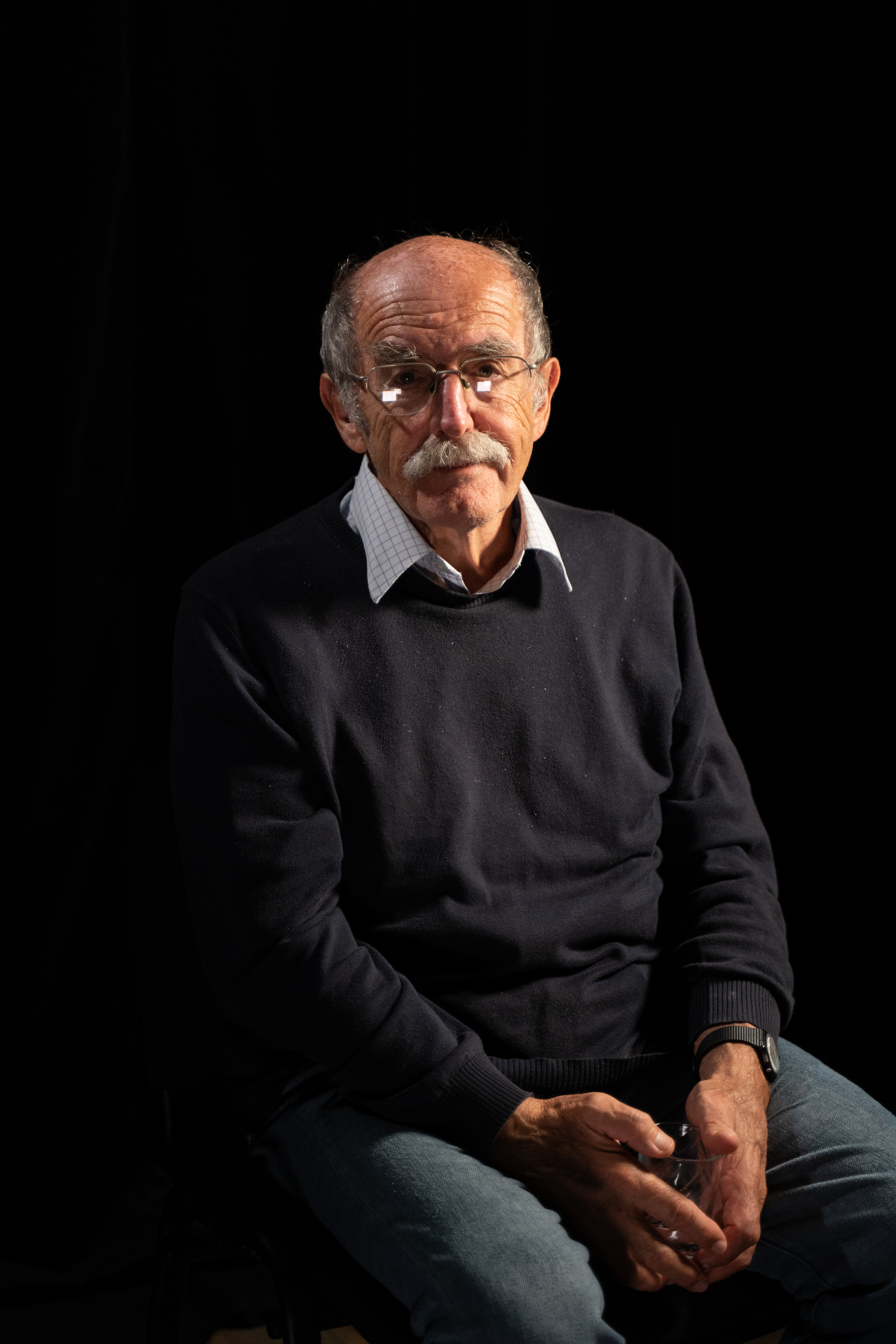Antifascism must be the foundation of future societies

Stáhnout obrázek
Zoran Pusić (1944) is a Croatian politician, human rights activist, and one of the founders of the Antifascist League. He was born in Zagreb, and began his activist career in the 1970s as a member of the Youth Movement. In the 1980s, he was one of the leading figures in the Croatian Helsinki Committee for Human Rights. Later on, he was a co-founder and member of the presidency of the Antifascist League, which fought against the rise of the extreme right in Croatia. Pusić also dabbled in politics and served as a member of the Croatian Parliament from 1992 to 1995. Pusić was known for his fight for human rights, justice, and equality, particularly for the rights of minorities and marginalized groups. Due to his activist and political efforts, he received numerous awards, including the Award of Freedom from the Croatian Helsinki Committee for Human Rights. Pusić leaves a lasting mark on the Croatian political scene, and his fight for human rights and antifascism continues through his actions and his fight against human rights violations.

